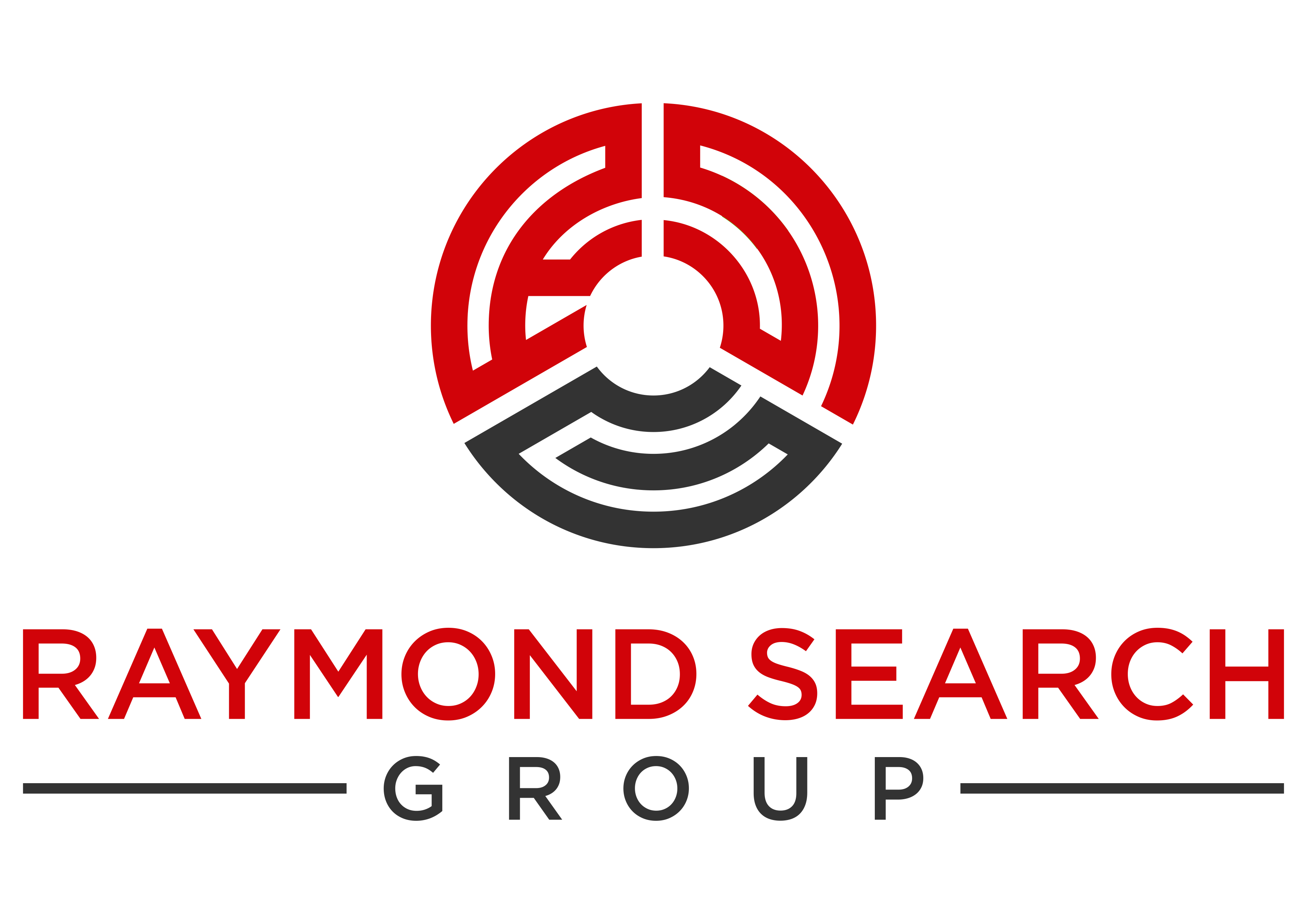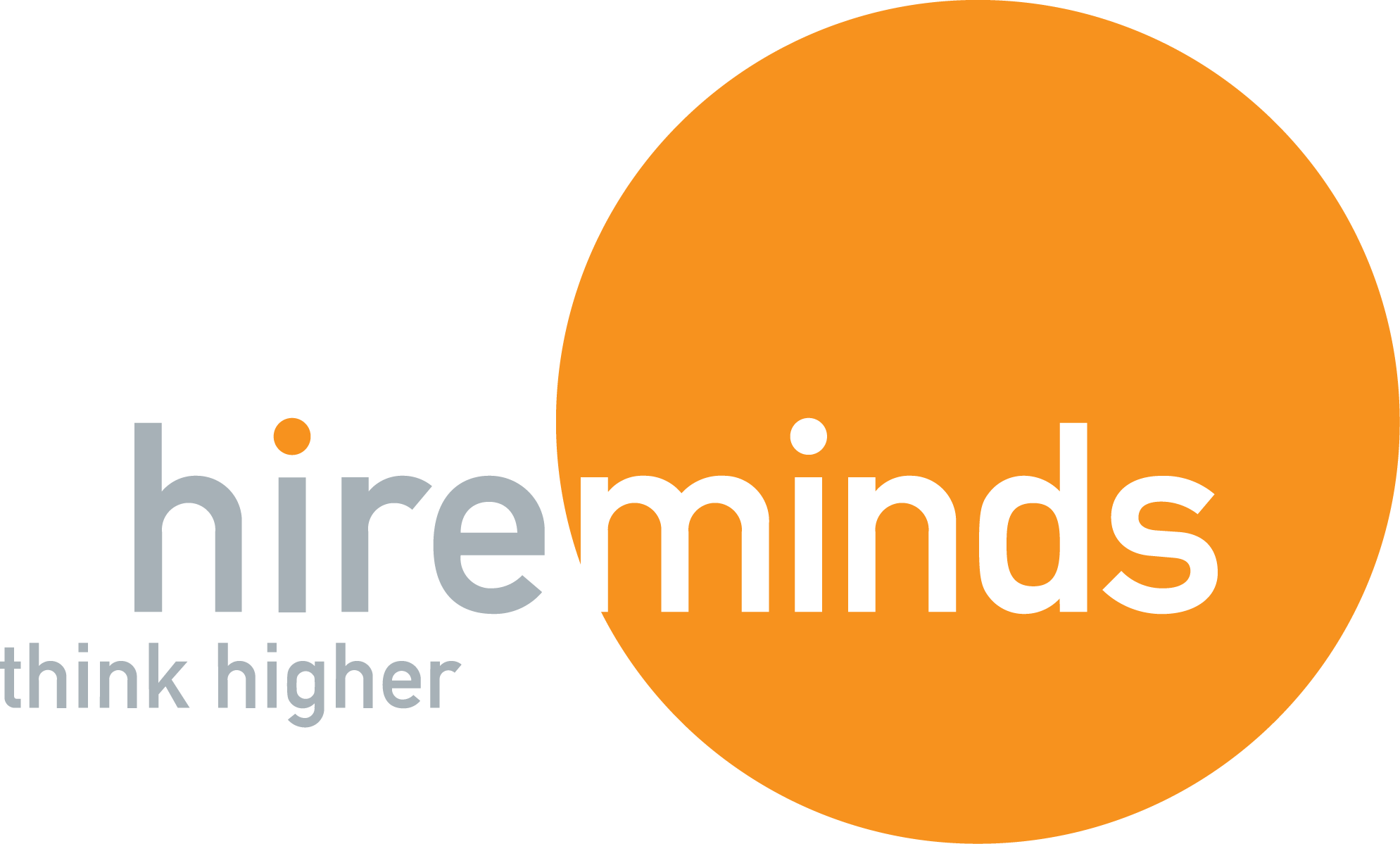
In today’s competitive job market, hiring managers and recruiters are no longer solely focused on assessing candidates’ technical skills and qualifications. They’ve come to realize that emotional intelligence (EQ) plays a pivotal role in determining a candidate’s potential for success within an organization. Below we will review the significance of emotional intelligence in the hiring process, exploring how it impacts both candidates and employers. Understanding Emotional Intelligence Emotional intelligence, often referred to as EQ, is the ability to recognize, understand, manage, and use our own emotions effectively, as well as to recognize, understand, and influence the emotions of others. It encompasses skills such as empathy, self-awareness, self-regulation, social skills, and motivation. The Impact of EQ on the Hiring Process Improved Interpersonal Skills: Candidates with high EQ tend to have better interpersonal skills, making them more adept at working in teams, resolving conflicts, and communicating effectively. These skills are vital in today’s collaborative work environments. Enhanced Leadership Abilities: Emotional intelligence is a key factor in leadership. Candidates with high EQ are often better at motivating and inspiring their colleagues, as well as managing and leading teams. Adaptability: EQ is closely linked to a candidate’s ability to adapt to change and handle stress. In fast-paced, dynamic work environments, adaptability is a crucial skill. Problem Solving and Decision Making: High EQ individuals can make better decisions by considering the emotional impact of their choices. They are also more skilled at problem-solving, as they can understand the emotional aspects of various situations. Customer and Client Relations: In customer-facing roles, candidates with high EQ can build strong, empathetic relationships with clients and customers, leading to increased customer satisfaction and loyalty. Assessing Emotional Intelligence in Candidates Hiring for emotional intelligence involves a combination of strategies: Behavioral Interview Questions: Use questions that ask candidates to provide examples of how they’ve handled challenging situations, worked with others, or managed their emotions in a professional context. Assessing Social Skills: Pay attention to how candidates interact with you and others during the interview process. Their ability to build rapport and demonstrate empathy is telling. Reference Checks: Speak with references to gain insights into a candidate’s interpersonal skills, teamwork, and emotional stability. Psychometric Assessments: There are various tools and assessments available to measure a candidate’s emotional intelligence, although they should be used in conjunction with other evaluation methods. In today’s work landscape, where collaboration, adaptability, and effective communication are essential, emotional intelligence is an invaluable asset. It can impact team dynamics, leadership, and overall workplace culture. Therefore, employers and hiring managers are increasingly recognizing the significance of assessing EQ in the hiring process. By giving due consideration to emotional intelligence, organizations can ensure they bring in candidates who not only excel in their roles but also contribute positively to the company’s overall success.





